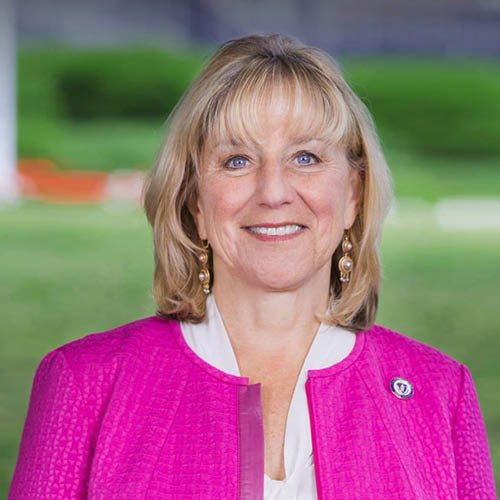Spilka: No Mass Pike toll increases to help pay for Allston Multimodal Project

Jeff Malachowski | MetroWest Daily News | January 12, 2021
MetroWest and Central Massachusetts commuters will not bear the financial burden of the upcoming Allston Multimodal Project if a provision in the $16.5 billion Transportation Bond Bill is passed.
The provision — which was included at the urging of Senate President Karen Spilka, D-Ashland — would ensure tolls on the Massachusetts Turnpike would not be increased to help pay for the more than $1 billion megaproject, which will replace the aging Allston viaduct and put the Mass Pike at ground level. That segment of the highway would be straightened.
The project will also allow for the construction of a new stop on the Framingham-Worcester commuter rail line, West Station in Beacon Park Yard, and allow land owned by Harvard University to be developed.
The Transportation Bond Bill is currently in Gov. Charlie Baker’s hands. The governor can approve, amend or send back sections of the bill, or veto line items.
Raising tolls to pay for the project, which Spilka said has no direct benefits to the region, would be an unfair burden for MetroWest and Central Massachusetts commuters to shoulder.
“The MetroWest commuter should absolutely not be financing this project, which is essentially a land development,” she said. “…It’s absolutely not fair to use the tolls as an ATM to pay for things that don’t benefit MetroWest, Central Mass. and Western Mass. commuters.”
Spilka said there are sufficient toll reserves that could help pay for the viaduct portion of the work.
The Senate president stressed the viaduct needs to be fixed, but not on the backs of MetroWest commuters who are inevitably going to be affected greatly by the project.
Traffic on the Pike may be reduced from four lanes to three in each direction during construction.
“This is going to have a dramatic impact on MetroWest,” said Spilka.
Plans initially called for reduced service on the Framingham-Worcester commuter train line during construction. But the proposed bond bill also calls for $250 million for preconstruction, planning and early capital work on the project requiring two tracks be maintained on the Framingham-Worcester line with no reduction in service and the new commuter rail station to be operational within a year after construction commences.
The bill will also requires the state Department of Transportation to develop a plan to improve service on the Framingham-Worcester line, specifically reviewing the potential for additional trains, capital upgrades, ticket and zone pricing. Spilka hopes those potential measures will increase ridership.
“We need to make the commuter rail something people want to take,” she said.
Of the $250 million designated for preconstruction, $50 million will be dedicated to measures to reduce commuting headaches and the state Department of Transportation to issue a plan on how to do it.
The plan would be developed in conjunction with a task force that would include several MetroWest-area chambers of commerce, the MetroWest Regional Transit Authority and the 495/MetroWest Partnership.
“We should use this as an opportunity to improve and fix the drive from MetroWest into Boston,” Spilka said. “…This is near and dear to the hearts of MetroWest, Central Mass.”
